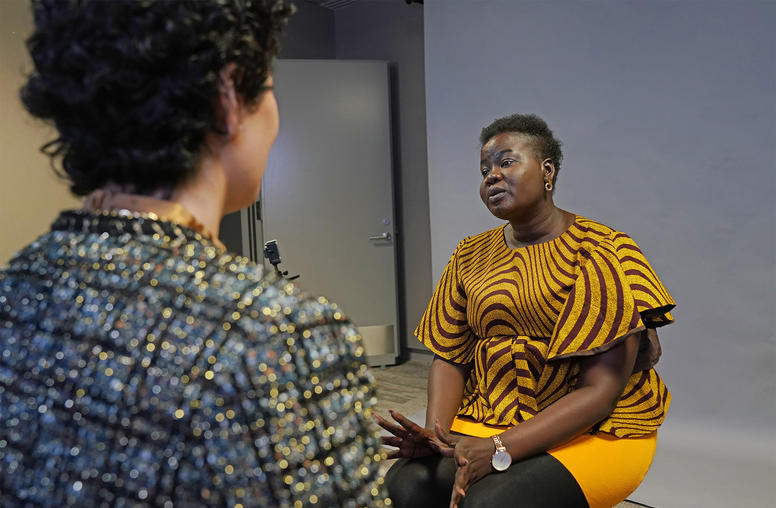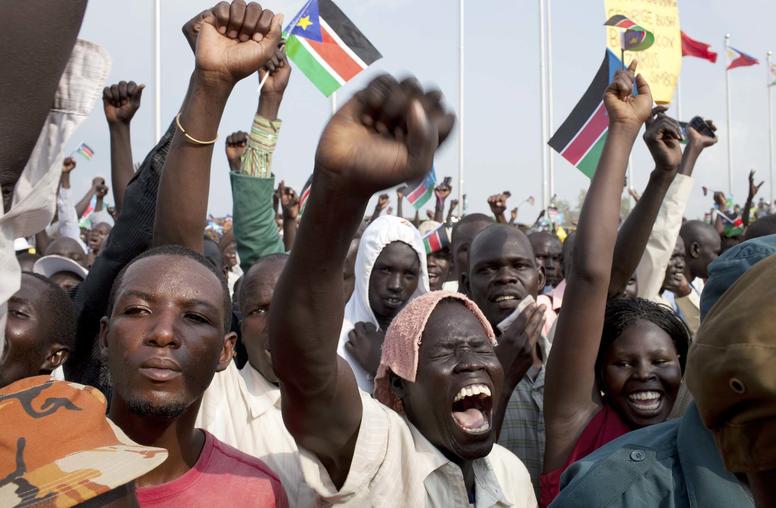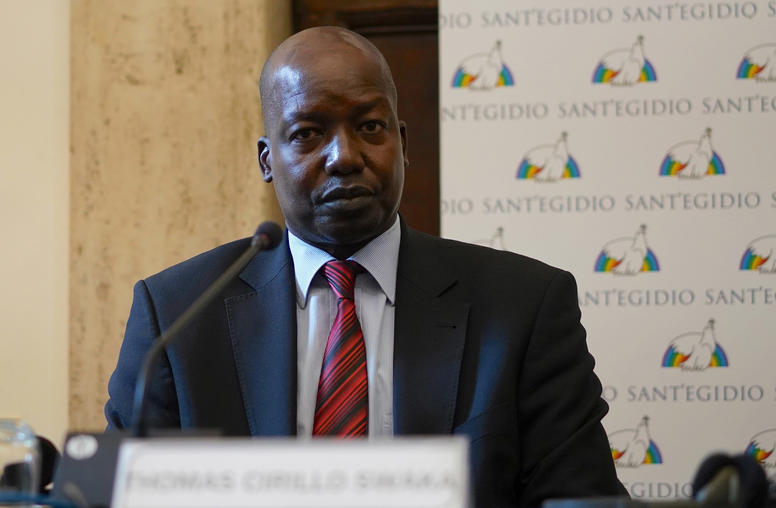South Sudan’s Stalled Path to Peace
In early May, South Sudan’s ruling and opposition parties agreed to extend the pre-transitional period of the South Sudan peace agreement leading to the formation of a unified Government for an additional six months. The extension of this period presents an opportunity to reflect on the progress and challenges to establishing a just peace in the country. South Sudanese citizens are desperate for peace, but many are asking what channels exist to support a meaningful reduction of violence. Between January and March alone, 25,000 people fled the country, adding to the already two million South Sudanese refugees worldwide. Without full implementation of the peace process, national- and local-level conflicts will continue to threaten hard-won development gains and require greater investments in lifesaving humanitarian aid.
This discussion examined South Sudan’s peace agreement and the measures required to build peace in the young nation. Experts from USIP, the Enough Project, and Democracy International offered concrete, evidence-based recommendations for how to mitigate conflict, promote peace and advance accountability. Take part in the conversation on Twitter with #USIPSouthSudan.
Speakers
David Acuoth
Founder, Council on South Sudanese-American Relations
Brian Adeba
Deputy Director of Policy, Enough Project
@kalamashaka
Mark Ferullo
Senior Advisor, The Sentry
Morgan Simpson
Deputy Director of Programs, Democracy International
@democracyintl
Susan Stigant
Director of Africa Programs, U.S. Institute of Peace
@SusanStigant



